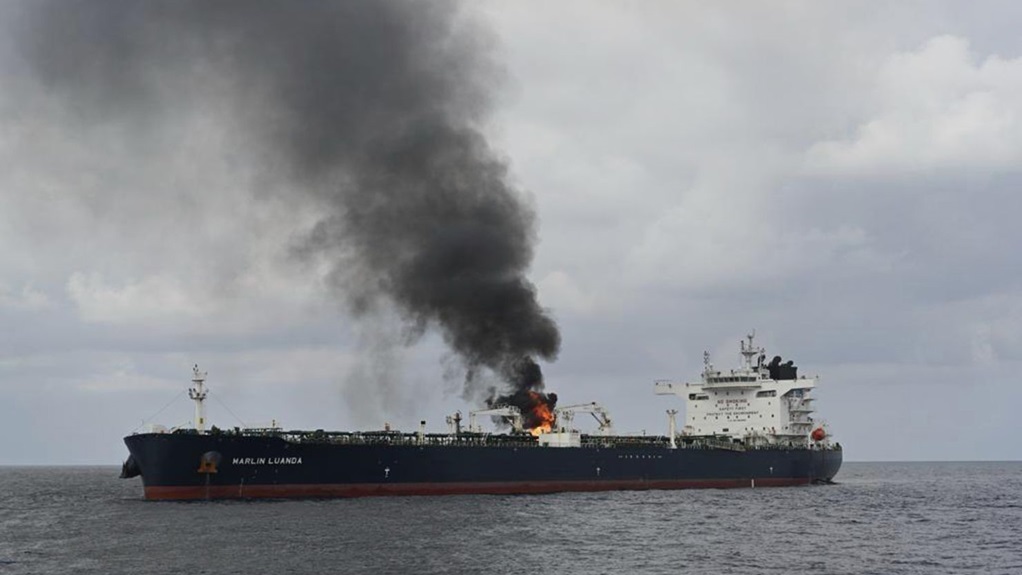As the conflict in the Middle East escalates with Israel vowing to retaliate after the missile attacks by Iran, India Inc is bracing for a wider trade disruption across the key Red Sea route.
The conflict can lead to higher cargo freight rates as Lebanon’s Iran-backed Hezbollah militia has close ties with the Houthi rebels in Yemen — responsible for most attacks on ships travelling via the Red Sea route, say industry experts, adding that a direct conflict between Israel and Iran may severely disrupt the crucial trade route for the Indian exporters.
The Red Sea crisis started in October last year, with Iran-backed Houthi rebels disrupting trade in the area.
This has affected India’s petroleum exports which dropped 37.56 per cent to $5.96 billion in August this year, down from $9.54 billion in the same month last year.
As per a recent Crisil Ratings report, Indian companies use the Red Sea route through the Suez Canal to trade with Europe, North America, north Africa, and part of the Middle East.
The report mentioned that these regions accounted for 50 per cent of India’s exports worth Rs 18 lakh crore and 30 per cent of imports worth Rs 17 lakh crore in FY23. The country’s overall merchandise trade (exports and imports combined) in FY23 was Rs 94 lakh crore, with 68 per cent (in value terms) and 95 per cent (in volume terms) shipped by sea.
The attacks on ships sailing in the Red Sea area since November last year have forced companies to look for alternative, longer routes past the Cape of Good Hope.
The Crisil report further said that this has not only stretched delivery time by 15-20 days, but also increased the transit cost substantially because of incremental freight rates and insurance premiums.








